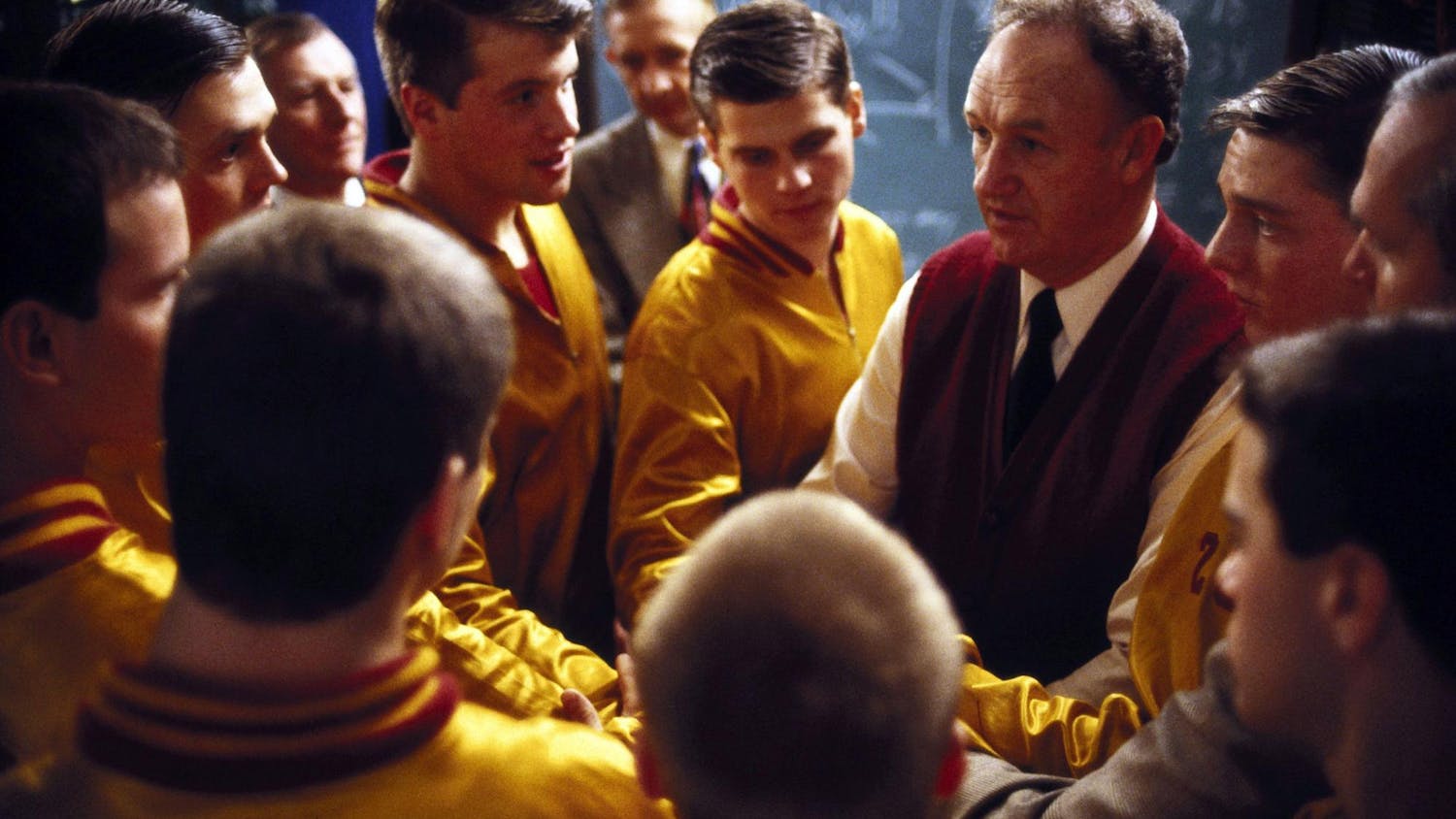Tyler Trent, the Purdue University student who captivated the nation with positivity during his fight against terminal cancer, died Jan 1. He was 20.
He grappled with three bouts of Osteosarcoma, a rare bone disease, for nearly five years. Since his family confirmed his death, support has flooded in from across the country.
“We have been beyond blessed by the outpouring of love, encouragement, support and prayers,” his family said in a statement issued to IndyStar after his death. “It has truly carried us through this most difficult journey and we have also been humbled and comforted as others have celebrated and rejoiced with us in the exciting, memorable times as well.”
Trent was known especially well in the Purdue athletics community because of his passion for college football. He was an honorary team captain for the Old Oaken Bucket game against IU football in November.
He camped out before football games at the Ross-Ade Stadium, wore black and gold striped overalls, painted his face and attended games even when he could not make it to all of his classes due to poor health.
“I was shocked he looked as great at he did, great spirits and smile on his face,” Purdue football head coach Jeff Brohm said at an Oct. 22 press conference.
This love of sports propelled him to pursue a career in sports journalism.
Tom Schott, senior associate athletics director at Purdue, said in an interview with the Indiana Daily Student that he first knew Trent from his work at the student newspaper, the Exponent, though it was hard not to notice Trent as he rose to media stardom during his battle with cancer.
“I was amazed every time I saw him,” Schott said.
From his first diagnosis in 2014, Trent received care at Riley Hospital for Children at IU Health in Indianapolis.
In November, he raised more than $101,000 and broke the individual fundraising record for Purdue University Dance Marathon, according to the Riley Children's Foundation website.
He also donated tissue from his tumor for research, becoming one of the first Osteosarcoma patients to do so. Additionally, his family partnered with Riley Children’s Foundation to create the Tyler Trent Cancer Research Endowment for Riley Hospital, which will help families in need of genetic testing and aid in search of a cure.
He won several awards, including the Sagamore of the Wabash, the highest civilian honor in Indiana. But Trent didn’t care about any of that as much as he wanted to make a positive impact on others, Schott said.
“It was never about Tyler. It was never about Purdue. It was about him trying to make the world a better place,” he said. “It may sound cliché, but I think it’s true.”
Beyond his work at Purdue’s student newspaper, Trent was briefly a guest columnist at the IndyStar. In a column published in early December, he reflected on what he was thankful for.
After facing a bout of seizures and weakness in his legs and on the upper left side of his body due to a spinal tumor, his mom insisted he move back home, he wrote in the article. Classes and football games were replaced with emergency surgeries.
But Trent was still “extremely grateful,” he wrote in the column.
“Though I am in hospice care and have to wake up every morning knowing that the day might be my last, I still have a choice to make: to make that day the best it can be,” he wrote. “Yet, isn’t that a choice we all have every day?”






